“They must pay you quite well.”
What?
“These blogs you do here. They must pay you quite well. I mean, I see you’ve done thirty of them. That would have been a full network season in the mid-Sixties.”
I suppose it would. I’d never thought of it like that.
“Are they going to rerun the best twelve over the Summer?”
I severely doubt it.
“But they must pay you quite well for you to do these.”
No.
“What? They pay you badly!?”
No, they don’t pay me at all.
“So, why on earth do you write these?”
Ah – that’s a Tess of the D’Urbervilles question isn’t it?
“What?”
It’s a scene in the second episode of The Beiderbecke Connection (1988). There’s a spate of thefts of books, notably Tess of the D’Urbervilles, and two very lazy cops called Ben and Joe are sent to investigate. When they report to their intellectual senior officer Detective Inspector Hobson PhD, they attempt to impress him with their apparent zeal.
HOBSON: Tess of the d’Urbervilles.
BEN: We’ve been doing follow-up enquiries on that one!
JOE: Yes. Written by Thomas Hardy. Set in so-called Wessex …
BEN: Actually an alias for Dorset …
HOBSON: Thank you. I’ve read the book.
JOE: ‘O’ or ‘A’ Level sir?
HOBSON: For fun!
That’s why I do this. For fun.
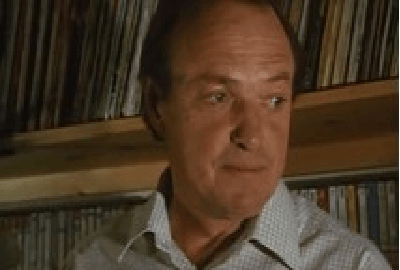
Fig 1: Oh look, it’s average-sized Trevor Chaplin from The Beiderbecke Connection (1988). Remember him from way back in Blog One?
“So, if you’ve done it for nothing, I guess you’ve not had much paying work on then.”
No, actually, there’s been a fair bit. Sets of viewing notes for Network Distributing, all manner of articles and odds and ends for Doctor Who Magazine, a little bit of consultancy work here and there for projects as yet un-announced…
“Hang on just a moment! Those hyperlinks in that last paragraph! They weren’t just crude product placement of any sort were they?”
Yes, but – y’know – they’re up there now and it’s a wee bit too late to stop them. What’s more, those are things where I’m extremely proud and lucky to be able to take on this sort of work. They’re wonderful opportunities and the sorts of ventures that really push the boundaries on a professional level.
But, look… these bits for CSTonline are part of my hobby. After I’ve done my hours of work for the week and hit my deadlines and word counts, in the evenings and weekends I still love to research and write about television. Like I did with my first fanzine stuff in the 1970s. I get a real kick reconnecting with that sense of just finding something I like and seeing if other people like it too.
“Well, I guess if a lot of people are reading it, then that’s okay.”
I’ve no idea if a lot of people are reading it. I’m assuming that – like most stuff on the internet – it’s generally ignored, and that I’m lucky if it’s read by five academics, two students and a passing whippet. I mean, you’re most likely not reading this right now and if you are reading this, then that’s very unlikely indeed, and I think you for it. You can never assume that there ever will be an audience. It’s not why I write.
“So, why do you write?”
I’ve always said – my aim in writing is one of two things: to get paid or to have fun. One or the other. Both is ideal – but one or the other will do. Anything else is an added bonus.
“Have these had any added bonuses?”
Most definitely. I’ve made Kim laugh and revived happy memories of her watching things with her dad. I got Tobias to watch Clangers (1969-1974)… and whose life can’t be improved by meeting the Clangers for the first time? And I cheered our friend Victoria up on a day when she needed to be cheered up – in the same way that she once looked after my wife and myself on a day when we once needed looking after. I’m taking those as a major wins. Some of the best and most meaningful bonuses that I could wish for.
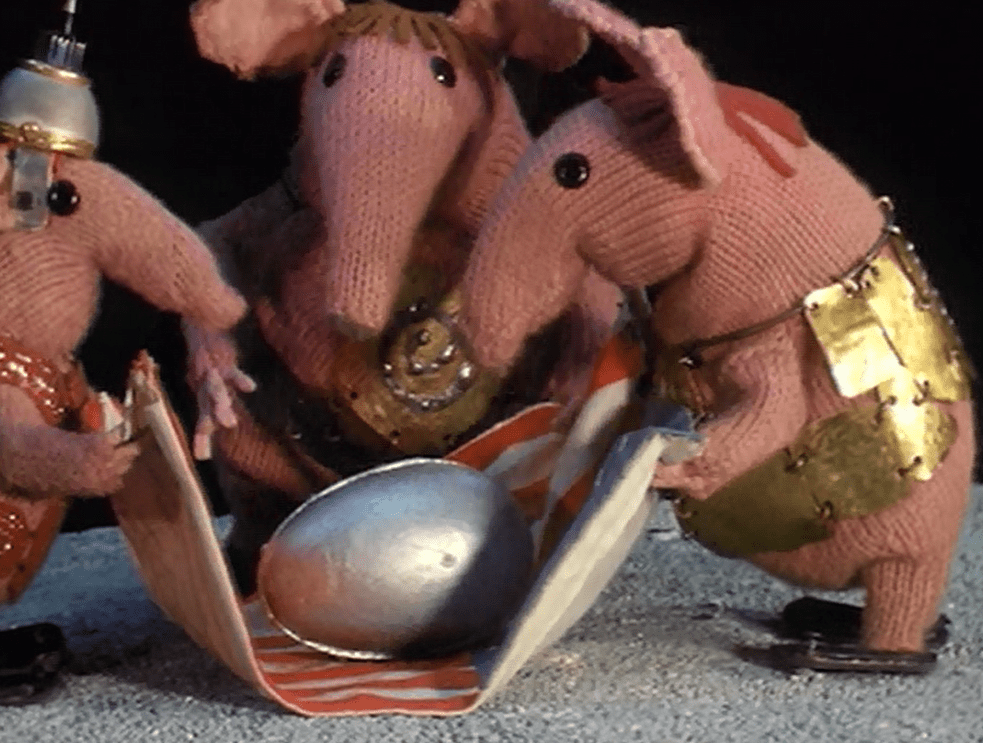
Fig 2: The Clangers. Remember them? They had their titular problems with two different eggs in Blog Twenty-Three.
And, as I say, it also reminds me about how and why I started writing in fandom in the 1970s. Finding like-minded people and just having fun with these shows. If I’m not having fun with them, why should I spend so much of my life writing about them? And this allows me to write about things that I care about.
“But at least you’re adding to the body of academic work about television.”
I severely doubt it. As I think I’ve said, my first two degrees were in electronics. I started a third degree – this time in television studies – and woke up one morning and realised that this wasn’t what I wanted to do anymore, but that was okay because a few days later a nice man offered me a paid assignment writing about The Goodies (1970-1982). And that’s okay – others will do the academic stuff and look after it for me.
“So, if you’re not in academia, how come you ever found this site in the first place?”
Because some years ago, a lovely friend called Laura Mayne – an awesome academic and possibly the most stylish person I’ve ever encountered on this planet or any other – told me that there was a thing called MECCSA which I could register with because I’d get several e-mails a day which might be related to my fields of interest – i.e. viz television. And she was right. And 90% of them I could ignore because although they were very interesting they often used long words which I didn’t understand, but the other 10% were telling me some neat, new stuff about a subject which has fascinated me for decades or giving me advance notice of people talking about Jazz 625 in Birmingham on a Saturday. And 90% of the 10% giving me neat, new stuff seemed to come from CSTonline.
And then – last October – Kim kicked off the new online semester with her Autumn Collection and appealed for contributors. Having enjoyed a lot of what CSTonline had offered me over the years, while I felt that I wasn’t an academic contributor, I did at least want to send her a quick e-mail to say “thank you” and “you publish some great blogs” and stuff like that, because I’d hate the thought that she felt she was screaming into the void and screaming for No Money. I also said that unfortunately life circumstances including a man offering me money to write about The Goodies had supplanted a bona fide degree course in television (although I trusted that all in academia was well and people were keeping okay and looking after each other) and therefore that even if I did write something about television, it would carry no academic credentials whatsoever, apart from a working knowledge of Ohm’s Law [ii]. I explained that I simply loved television and enjoyed having fun with it.
And Kim replied: “That’s fine Andrew. You know what, I like having fun with television too. And I think we’ve forgotten a wee bit how to have fun with television. So, you start having fun with television, and if I ever think you’re having too much fun with television, I’ll tell you to stop.”
Which struck me as entirely reasonable.
“And what does make it fun?”
Mainly – it’s the freedom. I love my paying work because it sets me new challenges and purposes, but I also love this because it doesn’t have to be tied down to a requirement or a specific venture. It can be abstract. It can be random. It can be a single thought that has no commercial value or isn’t associated with an establishing branding. It can be me simply liking something or spotting an absurdity. And so I can share the thing I’ve liked or see if anyone else has been fascinated by the same strangeness. I can shine a light on a book or a resource or a programme that’s given me joy and go “Hey, you know what, this is brilliant. I enjoyed it. Maybe you’ll enjoy it too” or “Gosh – this is odd isn’t it? Has anyone else spotted this and got a solution for it?”
“And do people have a solution for these things?”
Not generally – no. Or if they do, they haven’t told me. Or if they did, I’ve forgotten. I kind of expected when I came into this that academic interaction would be extremely low compared with non-academic interaction; that had been my experience previously.
“Can you qualify that with stats? I know you like your stats.”
Certainly. Of the main responses I’ve had, only about 37% of them have been from academics. All the others have been from non-academics who simply love television. Naturally, if I was to base any sort of argument on that, I’d want a better set of data. My former life has taught me about bad sampling…
“So would you not be better off writing fan or commercial stuff?”
Not necessarily – different platforms allow different approaches. There is little point in me telling the Doctor Who (1963-TheLastBeatOfAHumanHeart) fan base – either via Doctor Who Magazine or on a dedicated forum – how wonderful Doctor Who is because they should, theoretically, already be aware of that. Whereas I like the idea of maybe trying to address a different audience and maybe saying some stuff that will be new to them. That’s how I learn. By delving into new subjects in new arenas. That keeps me fresh.
And this platform isn’t tied to one type of programme or one genre or one series – it can be totally abstract. A notion that pops into my head while looking up something on eccentric entertainer Stanley Unwin’s The Secret Service (1969) – in which he voiced a puppet version of himself as a priest who took on espionage cases using a miniaturisation device [iii] – which then percolates while I’m doing the twice-weekly shop in Asda [iv] and can subsequently flow from finger tips to keyboard over an hour or so one morning.
“Ah – so, anyone can knock this stuff out in an hour, can they?”
No… I’m saying that I choose to offer pieces with a single thought or notion or observation that don’t take days of research. But the beauty of CSTonline is that there are so many different approaches. Look at Dr Sarah Arnold’s superb reflections on media education – a very thought-provoking piece. That is not something I expect she assembled in her head while perusing the dairy product isle; this is proper, worthy academic assembly not just a collection of gags. She is assembling good, old-fashioned, 50-minute Panorama (1953-) for 8.10pm on BBC1 – I’m merely doing Roobarb (1974) for five minutes just before the early evening news. But, sadly, failing to be as funny as either of them.
We all have our own different reasons for submitting.
“But even so – you don’t exactly find them hard work then?”
Not really, no. But things you’re passionate about don’t seem hard work at the time do they? But then, it gets even better. Because when anything ever gets published, it’s thrilling to have a good editor and a good designer. And that’s when the next layer of fun starts.
You take your words and send them to Kim and Tobias. And it makes Kim remember something she saw once or it links in with something she’s going to lecture on, and then she says: “Hey – can we add this in?” or “Would that work better?” and the idea is invariably a smart one which makes me think a little bit more and makes the text that little bit better. And then Tobias takes what I’ve written and says, “Hey, Andrew! Had an idea about this! What if we take this and do that with it in terms of layout?” or “I had a Google around and I also found this other thing. Can we work that in?” And I realise how much I get a kick out of working with them because they get what I’m doing and we’re all joining in the fun.
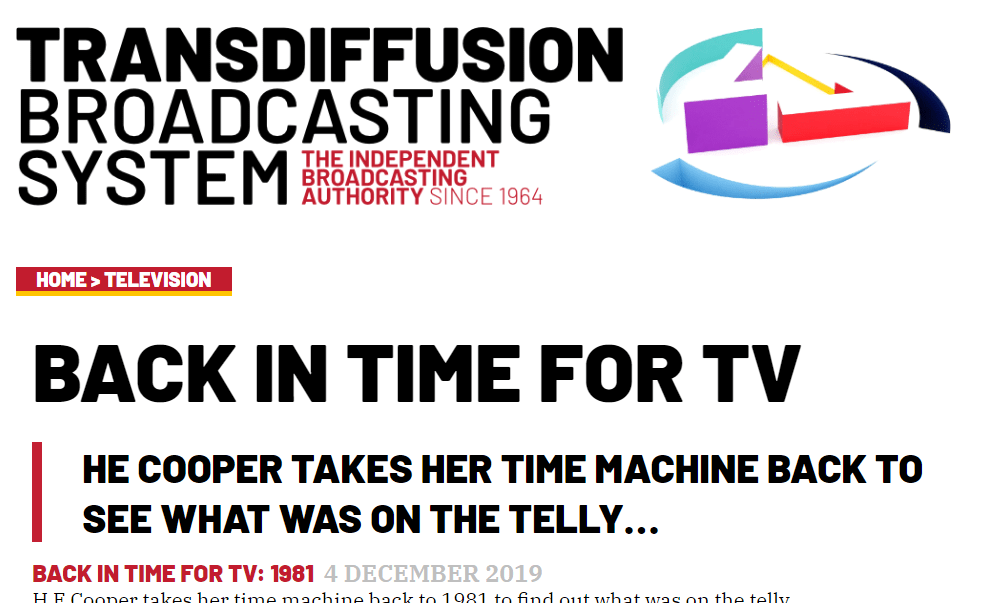
Fig 3: Kim came up with a really lovely notion which added to the fun of celebrating the work of HE Cooper way back in Blog Seven.
Also, of late, it’s been a brilliant diversion from the terrible things that have been happening in the world. And a couple of people have been kind enough to say that it’s been a nice diversion for them too.
And I am sure that everyone else who has contributed items agrees with me – Kim and Tobias are a dream to work with. I’ve never met either of them… but, goodness, one day I want to!
“So, if this is so much fun and allows you to enjoy television so much, and to connect with others with such passion, and that Kim and Tobias are such brilliant people to work with, why aren’t more people who love television and have a bit of spare time submitting pieces to CSTonline?”
I have no idea.
Andrew Pixley is a retired data developer. For the last 30 years he’s written about almost anything to do with television if people will pay him – and, as he has successfully demonstrated above by proving an argument for once in his life, occasionally when they won’t. Just be glad that he didn’t just do a lazy retrospective like Bruce’s Choice after all or it would be like Captain Blue having to recall earlier Spectrum assignments to prove his identity to Colgan, or the One Where Ross was going to invite Rachel to his wedding to Emily, or the time when Pufnstuf had to help his friend Jimmy to recover from amnesia with the help of Dr Blinky, or when Commander Riker fell victim to a virus during a geological survey on Surata IV. Anyway, we’ve got to the end of the academic year and a series of blogs which he set out to do in order to achieve one of these two objectives:
- to connect with people in the academic community who will inform him of effective means of communicating an idea, concept or piece of research to a receptive audience
- to prove that nobody reads blogs
Fortunately, there’s very little danger of anyone reading this blog – it’s the last of day the academic year and, if memory serves right, that means people are allowed to bring games in. Everyone will be too busy setting up Mousetrap.
By the way, were you ever bothered enough to actually make the effort of getting Danger Patrol released on DVD by the way?
“No.”
Thought not.
Footnotes
[i] … BUT ALSO… with extreme thanks for kindness, help, encouragement, feedback and inspiration from a Week Ending (1970-1988) style rollcall including but not limited to Neil Alsop, Sarah Arnold, Sil Bar, Alan Barnes, Tim Beddows, J Jeremy Bentham, Jonathan Bignell, Amanda Bloore, David Brunt, Victoria Byard, James Chapman, Steve Bryant, Martin Cater, Katrine Bouschinger Christensen, Bob Cochran, Ben Cook, Emily Cook, Hannah Cooper, Simon Coward, Ruth Crumpton, Nicole Cywinski, Chris Daniels, Kevin Jon Davies, Rick Davy, Nikolina Dobreva, André Dorcé, Lyndsay Duthie, Barnaby Eaton-Jones, Gary R Edgerton, Dick Fiddy, Jeff Flugel, Ben Foster, John Freeman, Christine Geraghty, Gary Gerani, Gary Gillatt, Simon Guerrier, Mark Harris, Berber Hagedoorn, Marcus Hearn, Richard Hewett, Clayton Hickman, Andrew Ireland, Catherine Johnson, Geoff Lealand, Kenneth Longden, Graham Kibble-White, Richard Klemensen, Aneesh Manangath, Richard Marson, Andrew Martin, Neil Matthews, Tom May, Laura Mayne, Una McCormack, Anthony McKay, Jamie Medhurst, Radha O’Meara, Joseph Oldham, Isabell Olevall, David L Palatinus, Roberta Pearson, Chris Perry, Nicolas Pillai, Keith Pirie, Robin Potter, Eva Novrup Redvall, Tatiana Resetnikov, Julie Rogers, Steve Rogers, Gary Russell, Ipsita Sahu, Paul Simpson, Billy Smart, Richard Smith, Tom Spilsbury, Elaine Spooner, Bärbel Göbel Stolz, Lee Thacker, Peter Ware, Karoline Wellborne, Leanne Weston, Sally Ann Wilton, Roger Wilmut, Jaz Wiseman and most of all Kim Akass and Tobias Steiner to whom I can only say a BIG THANK YOU for letting me come to play.
[ii] Which didn’t star Andrew Buchan.
[iii] No, I didn’t eat a lot of cheese last night. Yes, that was a TV series and you too can enjoy its wonderfully eccentric delights.
[iv] Yes, that’s how middle class I am. In other breaking news, my taste in music includes albums by Sky.



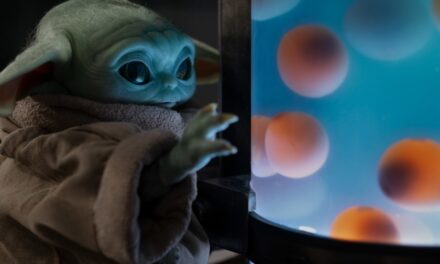
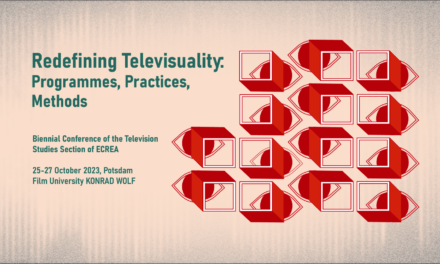

I always read your blogs, Andrew. If this were Facebook I would leave a thumbs-up just so you know.
Hello Jonathan 🙂
Oh… bless you for taking the time and trouble to comment. Facebook – yes, I’ve heard of that. It’s some sort of computer thing isn’t it?
But a few words like this really have value and make a difference.
And – of course – part of what I’m enjoying doing here is having that *same* sense of fun and delight that Julie and I had at the utterly wonderful “Spaces of Television” back in 2013. An amazing few days which opened up whole new worlds to us and for which we’re still deeply grateful!
Stay cool! 🙂
Andrew
Hi Andrew,
I also read this and enjoyed it a lot! Fun is, exhilarating, affirming and important. Play and flow and be happy and please keep posting as it cheers me and MDBJ.
So bloody there!!!
Stay safe and well.
John
… as I have just relished you on-screen and behind-the-screen tales as well.
Yes – I find that things tend to go a lot better when I’m having fun.
Thank you for your kind words; very much appreciated. We are staying safe and well and doing Lego and watching “Naked City”.
You stay safe too.
All the best
Andrew
Yes, Andrew, I *was* that whippet. Dodgy sampling, eh? I would swap a good example for a gas cooker any day.
Until then there is joy to be had in the showcase showdown round of Leslie Crowther’s final The Price Is Right episode where the questions are drawn from the Consumer Expenditure Survey
Hello Robin 🙂
Ah yes – the year when nobody bought any gas cookers. A very bad year for data! But a very happy year in the world of data working with some wonderful people such as yourself. Part of me still misses it. And part of me still doesn’t miss it. At the moment if I have to be stuck at home at a PC, I think I’d rather be doing TV than CES.
Oddly enough, I was chatting to somebody the other day who attended recording for “The Price is Right” and she was telling about the bizarre warm-up routine. Goodness – it was a different world.
And even good sampling isn’t always enough. For the project I’m doing at the moment, I have 98% of the data. But the 2% of the data that I’m missing accounts for 50% of the story. I mean… what can you do…?
Happy New Year! Please keep being brilliant! 🙂
All the best
Andrew